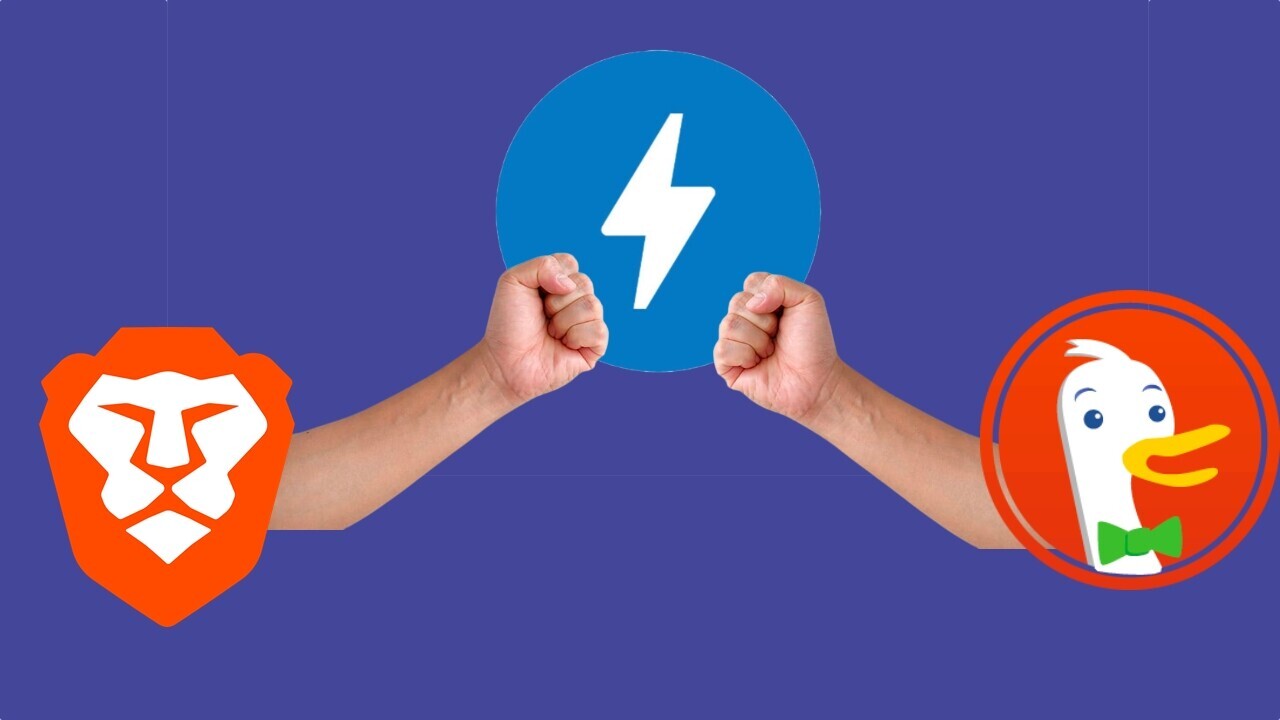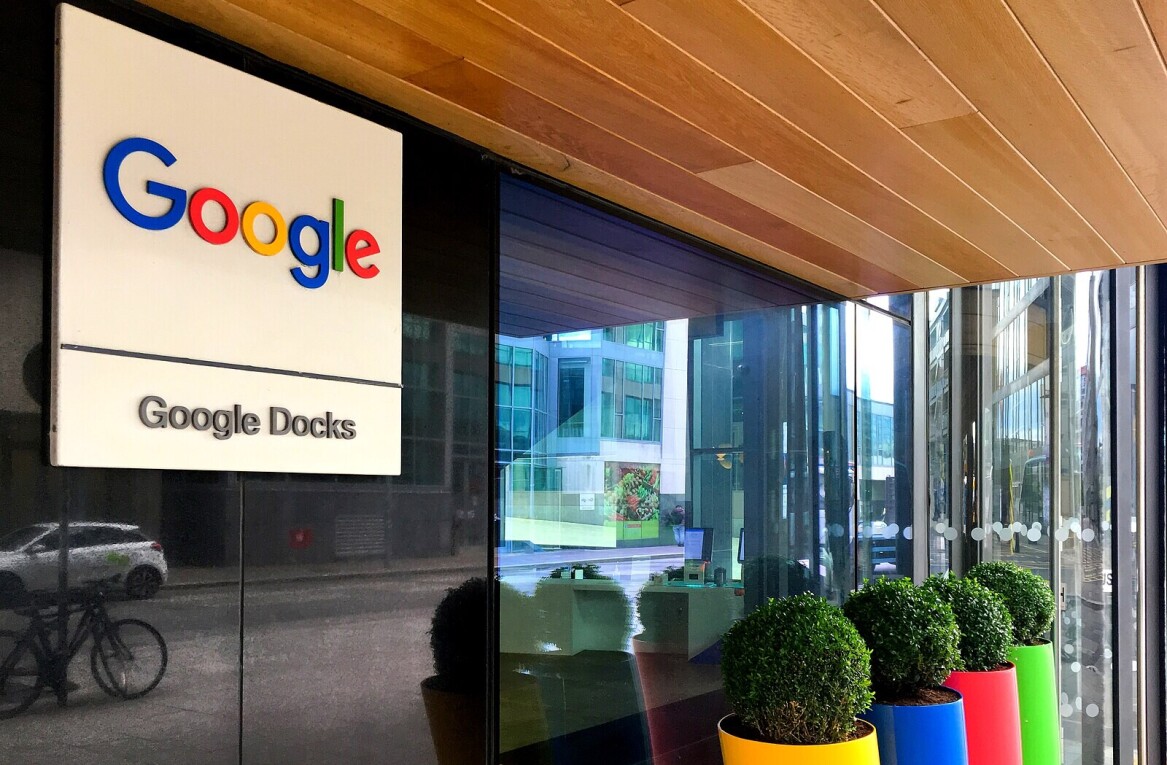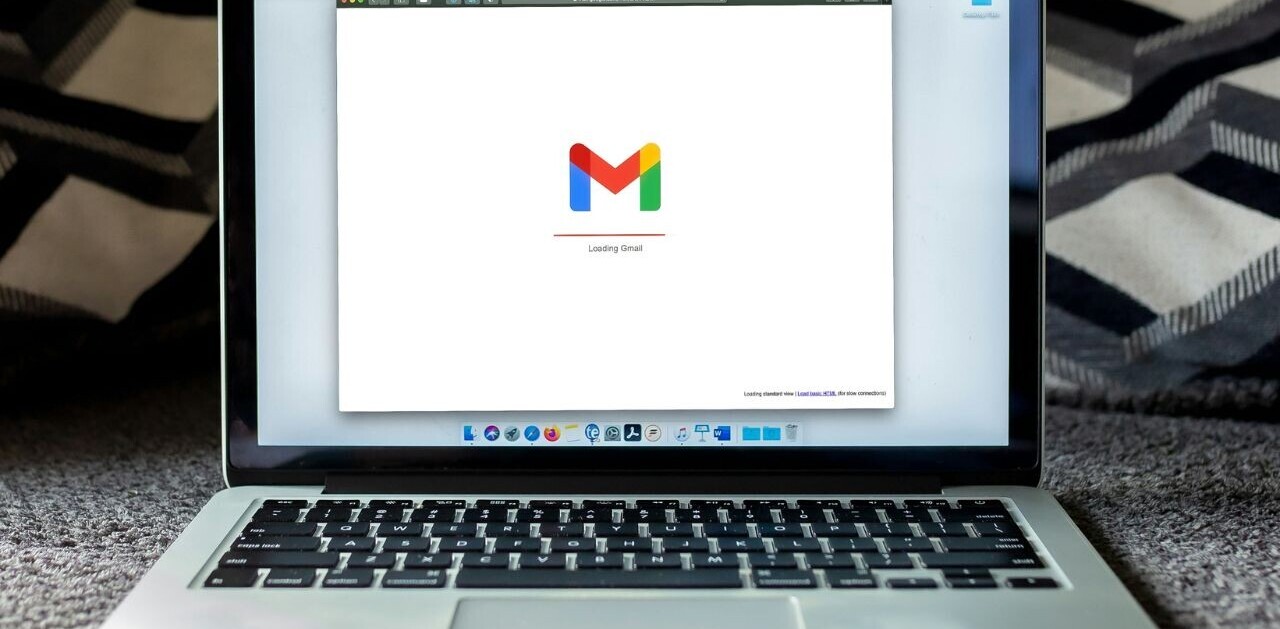
In the last few days, both the Brave browser and DuckDuckGo search engine announced features that actively block or bypass pages hosted on Google’s Accelerated Mobile Page (AMP) protocol. That sounds important — and it is — but what does it mean for you?
In this story, we’ll break down what AMP is, and why Brave and DuckDuckGo are going on an offensive against it. First, the basics.
What’s AMP?
Google first introduced AMP in 2015 with an aim to make pages and articles load faster on mobile. The company said it’ll “dramatically improve the performance of the mobile web.”
It used cached copies of pages stored on CDNs (Content Delivery Network) to quickly bring up the page when a user tries to access it.
While Google had said an open-source group is in control of the standard, it was always touted as the standard to compete against Facebook’s Instant Articles and Apple News.
Over the years, AMP has faced a lot of criticism, including concerns over Google tightening its dominance over the web and reduced ad revenue for the original publisher as it didn’t allow customized ad units, sponsorships, or pop-up ads.
AMP’s criticism
In the past few years, publishers have started moving away from AMP. Notably, last year, Twitter stopped sending users to AMP pages when they clicked on links on the platform, instead redirecting them to the native or mobile versions of those pages.
AMP was also a point of discussion in a 2020 anticompetitive lawsuit with the plaintiff arguing the tech makes it harder for publishers to participate in ad auctions on non-Google platforms.
Last year, Google issued an update to its page ranking algorithm saying AMP pages won’t get preferential treatment.
While the Big G has always held the stance that AMP makes page loading faster, critics have said that there are simple ways, like tuning your website, to serve up pages more quickly without resorting to a whole new protocol.
So what are Brave and DuckDuckGo doing?
Earlier this week, Brave published a blog post saying it’s releasing a new feature called De-AMP that’ll redirect you to the publisher’s original page, instead of an AMP-based link.
The feature is available in Nightly and Beta versions of the browser, and will be enabled by default in the upcoming 1.38 Desktop and Android versions. The firm said it’s working on porting these functions to its iOS browser at the moment.
A day later, privacy-focused search engine DuckDuckGo posted on Twitter that its apps and extensions will redirect users to publishers’ non-AMP pages when they click on links in search results.
NEW: our apps & extensions now protect against Google AMP tracking. When you load or share a Google AMP page anywhere from DuckDuckGo apps (iOS/Android/Mac) or extensions (Firefox/Chrome), the original publisher's webpage will be used in place of the Google AMP version.
— DuckDuckGo (@DuckDuckGo) April 19, 2022
What’s their reasoning behind this?
Brave came out swinging against Google’s AMP technology, describing it as harmful to user privacy and bad for security. It also emphasized that the framework is designed to push Google’s control over the web:
“AMP encourages more of the Web to be served from Google’s servers, under Google’s control and arbitrary non-standards. It also allows Google to require pages to be built in ways that benefit Google’s advertising systems.”
DuckDuckGo highlighted similar points and said that AMP helps the search giant “further entrench its monopoly.”
In response, Google public search liaison, Danny Sullivan, said AMP is not required for pages to rank better in search results.
As we've explained many times before, AMP didn't and doesn't cause pages to rank better in Search. Good page experience, however that's done (and doesn't require AMP, can help. More here: https://t.co/zt2Ke1kZFf
— Danny Sullivan (@dannysullivan) April 19, 2022
A Google spokesperson brushed off accusations by Brave and DuckDuckGo:
These allegations are misleading, conflate a number of different web projects and standards, and repeat a number of false claims. Bypassing the AMP cache goes against the choice sites have made to deliver a fast, high-quality experience for their visitors
While these are notable steps from these companies, they represent a tiny sliver of the web. Brave has more than 50 million active users, while DuckDuckGo has more than 70 million users. In comparison, Chrome has more than 3.2 billion users, and Google search has more than 4 billion users.
This is not the first attempt at thwarting AMP either. There are many Firefox and Chrome extensions that help you redirect to original publisher links. However, new restrictions by Brave and DuckDuckGo might make other browsers and search engine providers think about their strategy about AMP.
For users, AMP pages have been often a pain in the neck in terms of website and article formatting. Redirecting to the original URL will mostly solve that problem. But this process should be fast. If DuckDuckGo and Brave’s tech makes things slower for them, they’d hate it as much as AMP. So it better be good.
Get the TNW newsletter
Get the most important tech news in your inbox each week.




